Rabbi Eliyahu Birnbaum: "Communities Abroad Are Crying Out for Leaders, It's the Call of the Hour"
Rabbi Eliyahu Birnbaum, who is involved in training rabbis for the Diaspora and visits communities worldwide, shares the excitement of encountering Jewish sparks everywhere and the aspiration to place rabbis in every community globally.
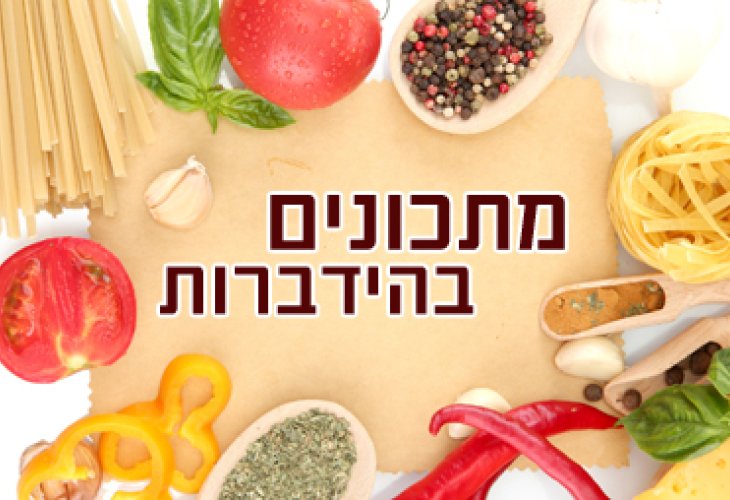
Rabbi Eliyahu Birnbaum was born in Uruguay. "I immigrated to Israel at the age of thirteen, alone, without my parents," he recalls, "and after finishing my studies in yeshiva, I felt a strong desire to dedicate my years for the Jews who, unlike me, were not able to make Aliyah, to act and work in the Diaspora."
At that time, Rabbi Birnbaum did not know he would evolve from a young rabbi to a 'global rabbi.' "The only thing that was clear to me was my wish to act for the Jews, irrespective of their community or country. This is how I began my work in bringing Jews closer in the Diaspora.
In his early years, he served as chief rabbi in communities in Uruguay and Turin, Italy, and remembers a story from those days that highlights the importance of having a Torah figure in such places. "During one of my times in Turin, a woman approached me and said, 'Rabbi, I need your help. My daughter is about to marry a non-Jewish man,'" he shares.

"I tried to understand the situation and asked how I could help, but the woman was completely desperate and explained: 'They have been together for many years, and now it is too late. There is no way you could convince my daughter.' I was very surprised and asked her, 'If so – why did you approach me?'
Her answer was painful: 'My daughter plans to marry in a church, and I want her at least to give up on this idea.' I decided to try my best, set up a meeting with the bride and groom, and while sitting with them, it became clear that the bride was indeed very disconnected from Judaism and *Yiddishkeit*, while the groom, being a devout Christian, insisted on getting married in a church. I tried anyway to explain and persuade but to no avail. When I parted with the couple, it was just a few days before Purim. So just before they left, I invited them to the Purim feast celebrated at the community. The girl couldn’t believe I allowed her to bring the groom along, but I did permit it.
"They actually came to the party, and a few days later, the girl's mother contacted me and asked, 'What did you do to her?' It turned out that not only did she decide not to get married in the church, but she also decided not to get married at all.
When I contacted the girl to understand what had happened, she explained to me that it was simply that she saw for the first time in her life the Jewish community and realized the unity and joy it harbors. She realized the privilege of belonging to the Jewish people and understood that she did not want to leave such a thing... For me, it was a true miracle. A Purim miracle."
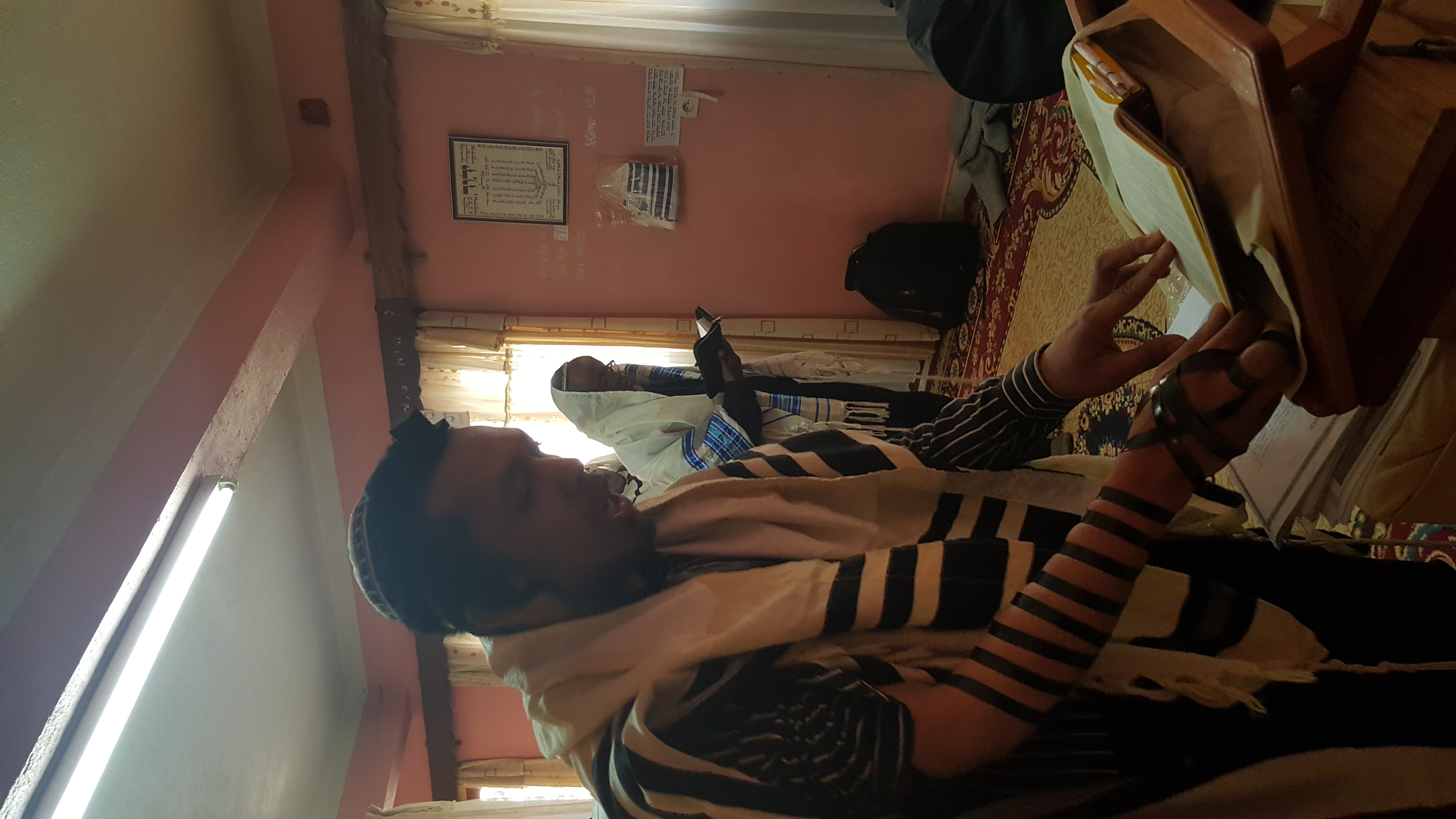
The Mission Within the Mission
As of today, Rabbi Birnbaum's main activity is through the framework of the Amiel-Straus Institute, which is engaged in training rabbis and communities for the Diaspora. "Our goal is to prepare rabbis for community work and train them for it, which is not at all simple because being a community rabbi abroad is not the role of a 'classical' rabbi, it requires much more."
What do you mean?
"It must be understood that community rabbis in Israel mainly find themselves within the scope of Torah study, synagogue management, and issuing halachic rulings. But when it comes to abroad, there is a need for much more than that. Except in the USA, where there is a division between Orthodox and non-Orthodox streams, in other places like Europe, Australia, and Latin America, there is no clear division into streams, but usually, each community has an Orthodox rabbi, even though 99% of the community are not observant. An Orthodox rabbi arrives to lead an audience that isn't Orthodox, which requires him first of all to undergo a process of 'know before whom you stand.' In simple terms – to understand the people he is dealing with. It's not just about serving in standard rabbinic roles but also learning how to bring closer and in what language to speak to the community. The work is much harder than one might imagine because there is an effort to create a halachic language for a community that essentially does not follow halacha. A rabbi in such places finds himself constantly deliberating on what to say to a kohen who wants to marry a divorcee, or what to explain to someone who wants their wedding to be on Shabbat, and many other distinct laws that find their place especially in such areas. This involves creating a new language, and it's challenging because it is in every sense a work of kiruv."
And perhaps these communities do not even want to be brought closer or returned to observance?
"That is true; if we turn to most communities and ask if they want to 'return to observance,' the answer would be 'no.' But a rabbi must be aware that even if he personally believes that all Israel should keep the commandments, that cannot be the sole goal for which he works. He needs to understand there are Jews who want to strengthen their connection with Judaism even without becoming religious, and he must also help them, with sensitivity and understanding.
Who mainly goes to become rabbis in the Diaspora?
"The absolute majority are yeshiva graduates," Rabbi Birnbaum replies, "These are yeshiva students who see it as a mission and life task. But, of course, they first must go through the required preparation so as not to be in 'shock' or trauma. Once they have undergone the full training, they have a much better chance of succeeding in their role as community heads."
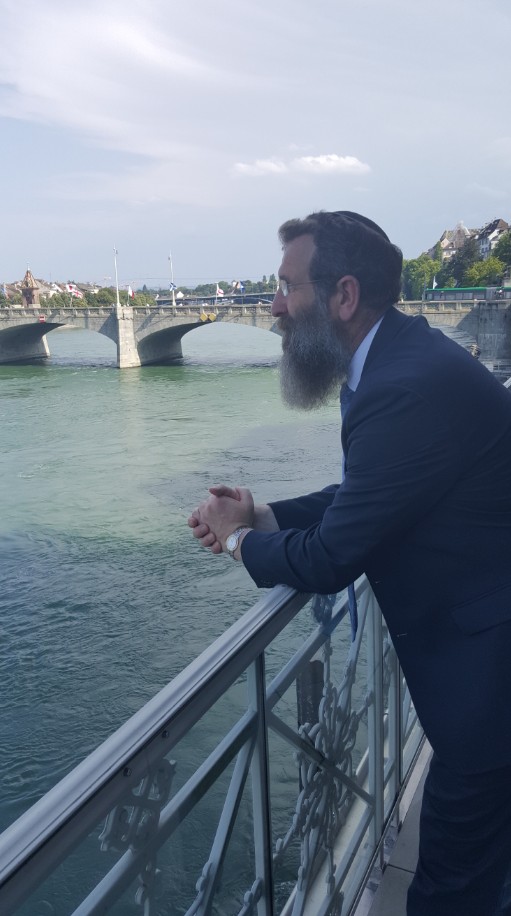
No Community is Left Behind
In recent years, Rabbi Birnbaum notes that you can see communities of all types and sizes seeking the figure of a rabbi and leader. "We see immense importance in sending rabbis everywhere in the world where there is a community— whether it involves nearby or distant communities, whether they have a Jewish school or not. There are places where we send them, even when there are no mikvahs, and the families of the rabbis are really risking themselves to live in such places. But the principle guiding us is to reach every Jew in the world. There are no excuses, and wherever there are more than two Jews, it already counts as a 'community.'"
Incidentally, Rabbi Birnbaum notes that nowadays, one can observe more and more of the phenomenon of 'tiny' communities. "According to definitions - when there is a community with 100,000 or even 200,000 Jews, it is regarded as a large community, when there are 20,000 or 50,000 Jews, these are medium-sized communities, but there are also small communities with up to 2,000 Jews and 'tiny' communities with just a few dozen Jews.
"And the amazing thing," adds Rabbi Birnbaum, "is that when you meet these tiny communities, it is astounding how much they really desire life and they never give up on *Yiddishkeit*. You can find such communities for example in Italy, Spain, Portugal, the Caribbean, Turkey, Zimbabwe, and more, in all these places you notice that they cling to Jewish existence and that is what keeps their hope alive."
How do small communities form? Are they ones that were larger in the past?
"Indeed, most tiny communities were larger in the past. Just this last Passover, I visited Zimbabwe, where there is a community in the city of Harare with only thirty-two Jews left, even though in the past there were 9000 Jews, but they left over time due to economic, general, and political circumstances. There remain two synagogues—one Sephardic and one Ashkenazi, both well-kept and organized, truly in their prime, and each can accommodate 1500 Jews. So the tiny community that exists in Zimbabwe insists on praying every Shabbat alternately— one week in the Ashkenazi synagogue and the next week in the Sephardic one."
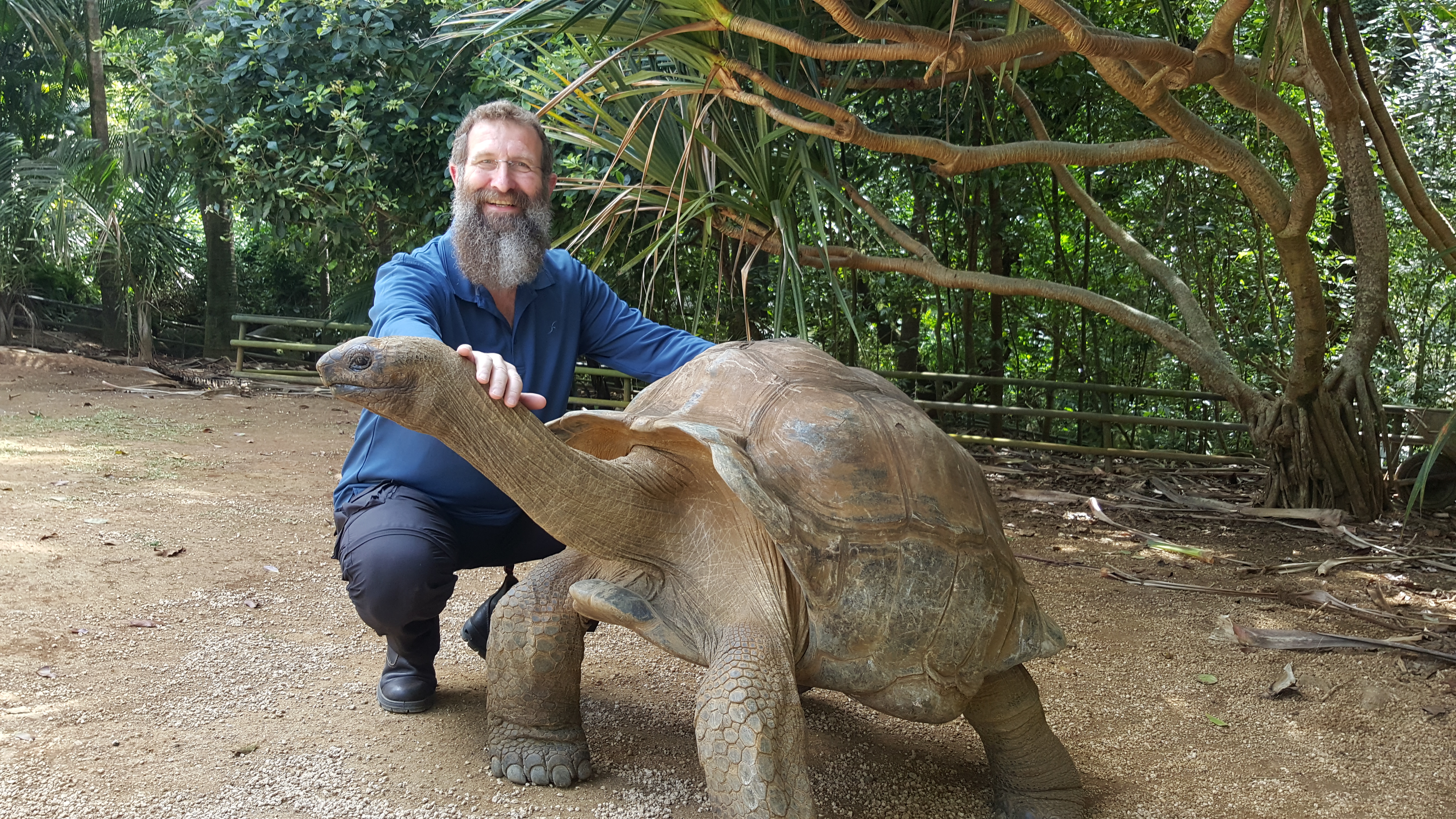
New and Renewing Communities
On the other hand, Rabbi Birnbaum points out there is also an opposite process of communities arising and renewing. "Recently, this has been happening very much," he emphasizes, "especially in the East, such as in Vietnam, China, and Morocco. These are literally new communities, usually established thanks to Jews who migrated to these countries for work purposes. In China, for instance, there are about twelve new communities, really from recent years. Of course, we do not know at this stage what will be in the future, but what is clear is there is a need for a rabbi to guide each of the communities; this is the call of the hour."
Rabbi Birnbaum adds and emphasizes that the goal is not to underestimate any community, and as an example, he shares a story about Cuba. "In Cuba, there are currently about 1,500 Jews, even though before the communist revolution there were 12,000 Jews and a well-established community with Torah institutions. There are still four large synagogues, but as mentioned, almost no Jews live there, and even those who do, mostly lack real knowledge about religion.
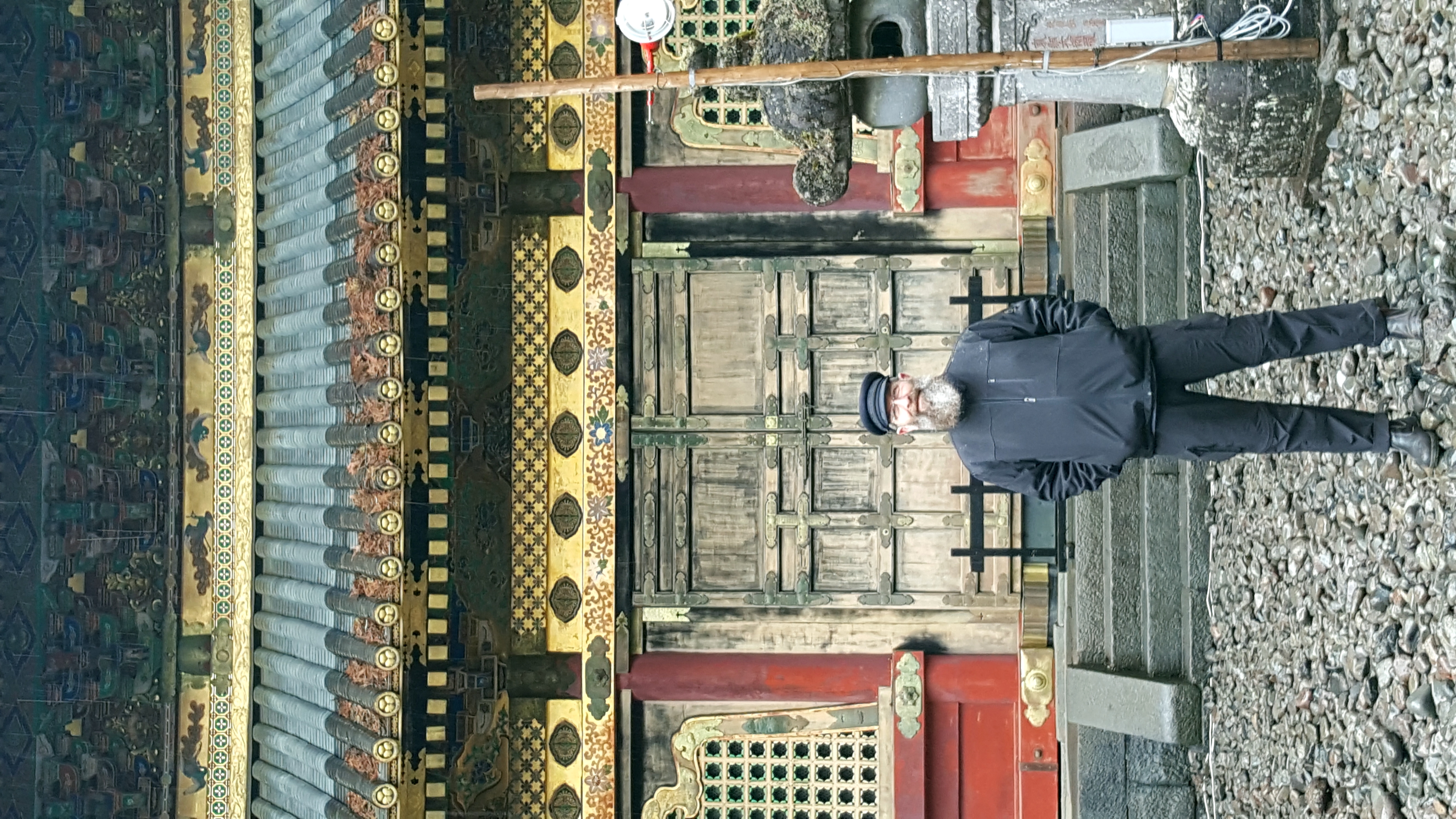
"On one of my visits, I surprisingly met a Jew who looked completely different from the rest of the community. He strictly adhered to a religious lifestyle that included observing Shabbat, kashrut, and also prayers. When he saw how amazed I was, he told me: 'When the revolution started in Cuba, my father understood what was going to happen, so he called me and asked me for one sole request: 'Eat matzah on Pesach.' Since then, for 40 years, whenever Passover approaches, I make sure to get matzah. Like this, always, every year, even in tough times when it was difficult to get matzah, I succeeded in eating matzah on Pesach. Over time, it led me to be interested in observing Shabbat and other additional aspects like prayers and kashrut. Today, I know my father was wise, because thanks to the matzah he asked me to consume on Pesach, I strive now to fully keep the commandments."
Incidentally, Rabbi Birnbaum notes an interesting phenomenon existing in Cuba: "Although the community is not considered religious, one hundred percent of the community members eat kosher meat."
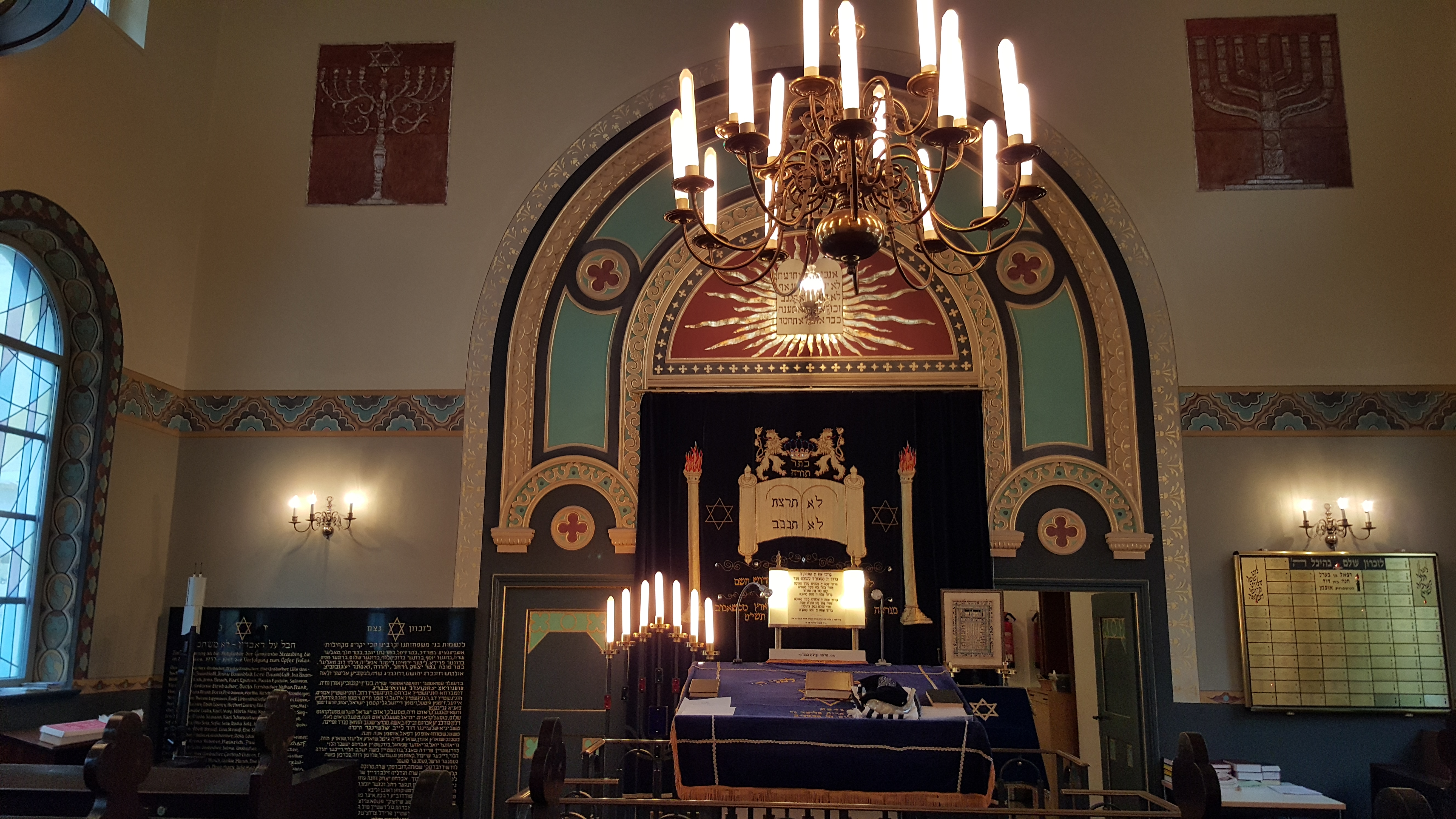
And what is the explanation for that?
"In Cuba, which is still considered to be communist, food is distributed according to a quota. This means receiving a certain amount of rice, a defined amount of flour, and so on, paid by coupons. According to the rules in Cuba - a regular person can buy one and a half kilos of chicken and half a kilo of meat, but since Jews eat kosher, it was decided that Jews who consume their meat and chicken from the kosher butcher can buy one and a half kilos of meat per month and half a kilo of chicken. Of course, everyone wants more meat, so they buy in the kosher butcher, and this way they keep kosher."
You visit so many communities around the world, is there something common to all the communities you encounter?
"I can say one main thing: the danger of assimilation abroad is so great, and it's really at its peak. You can see that in North America, there is a 71% rate of assimilation, and in Europe, there are places with even higher percentages. We are not fighting for Jewish communities, but for each and every Jew. We are battling against the erosion of our people, and this is our mission."

